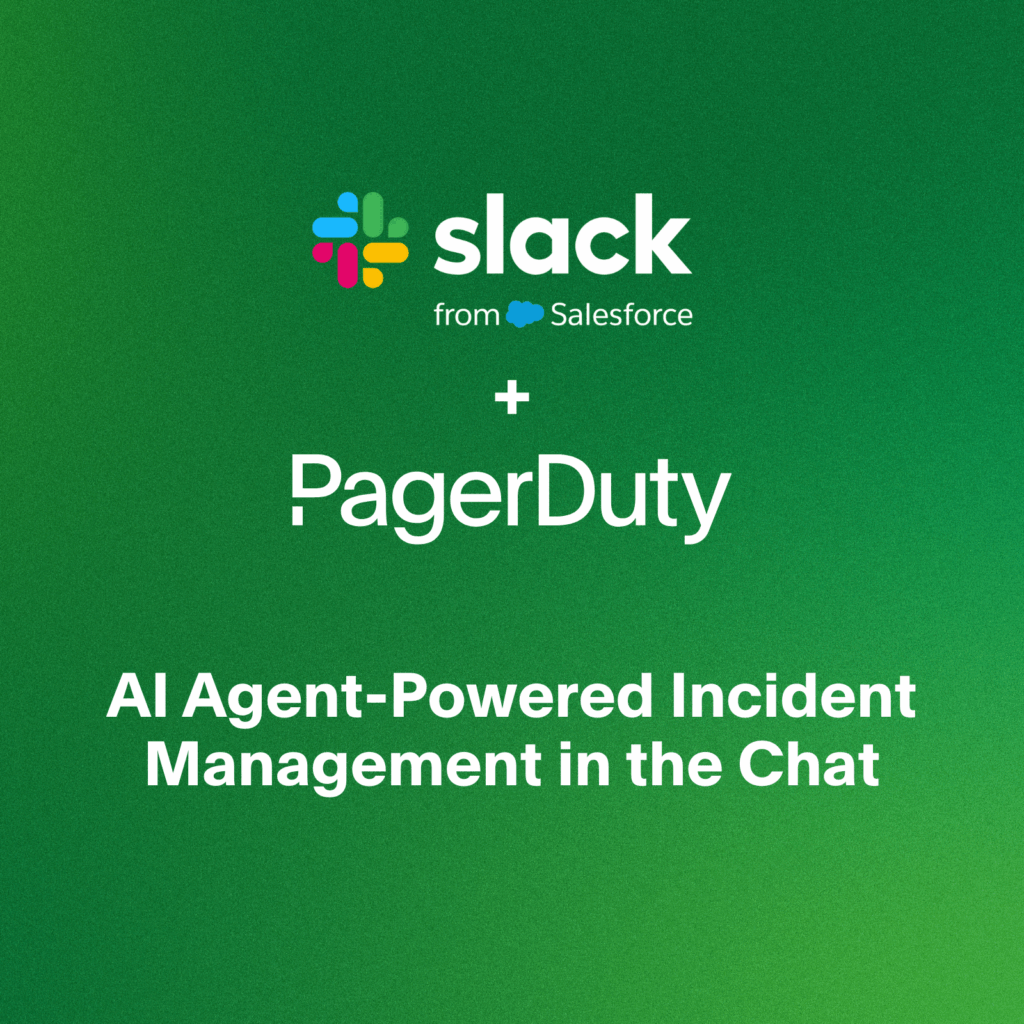- PagerDuty /
- Blog /
- Incident Management & Response /
- PagerDuty goes global with national preparedness month: Preparing our workforce for crisis
Blog
PagerDuty goes global with national preparedness month: Preparing our workforce for crisis
The effects of climate change mean we’re increasingly seeing black swan weather events impacting our working lives. From wildfires and hurricanes to the ever-present threat of earthquakes, 2021 has seen its share of crises. This obviously raises serious questions for companies about the safety of their workforces. As a global company, PagerDuty has employees across the world. When a disaster strikes, everyone needs to have the necessary training, resources and tools to act.
September is National Preparedness month in the U.S., and, at PagerDuty, we’ve extended this globally across our company. This month, we’ve been teaching Dutonians about safety and emergency response through a series of educational sessions and exercises. Our focus has been on enablement, from how to use PagerDuty to practicing incident management and learning best practice for employee personal safety.
This will culminate with us taking part in The Great ShakeOut, the national emergency earthquake drill, on October 21.
In this blog, we’ll be talking through what our Dutonians have been learning over the course of the campaign, as well as how we use the PagerDuty platform in emergency situations.
Coordinating on the PagerDuty platform
In a crisis, the major things that need to be considered are two-fold. First, teams need to establish whether there are any employees in the affected area—and most importantly, are they safe? Second, it needs to be established whether or not there is a major system in the affected area—and, if so, if redundancy plans need to be considered. In situations like these, Dutonians will need to be coordinated.
Applying the principles of digital operations to these disaster scenarios will be key. We use PagerDuty’s capabilities to do just this.
The PagerDuty platform can help support teams during crisis response. For instance, teams can use PagerDuty’s 500+ integrations—including with Slack, Zoom and email clients—to establish whether any team members have been affected by an event. If a team member is unable to work, on-call schedules can then be changed where necessary, with Incident Commanders and responders able to confirm their on-call readiness. Using the platform, teams can also easily trigger alerts and then come together in one place—whether it’s a Zoom call or a Microsoft Teams chat—and triage a situation, coordinating to resolve it in real time. Teams can even set up email integration for alerts for earthquakes at 7.0 or higher near large employee concentration areas, further helping response teams be prepared for any crisis that might come their way.
The Great ShakeOut
Throughout the month of preparedness, the Crisis Team at PagerDuty will be focusing on several key areas. These range from disaster recognition and survival tips, to education on personal safety and situational awareness.
Finally, these preparation tasks will bring us to the Great ShakeOut earthquake drill, during which employees will simulate the actions they should take in offices or at home for 1 minute. Simultaneously, PagerDuty’s response teams will be running tabletop exercises to prepare our employees for possible scenarios – such as system outages, employees in need of assistance, and office evacuations. Dutonians will need to do walk-throughs of these scenarios, make hypothetical decisions, provide constant status updates, and then carry out a post-mortem.
Disasters – whether natural or man-made – are inevitable. Preparing your workforce for them is key. We believe that an informed Dutonian is a safer Dutonian, and this campaign aims to prepare them to be able to respond in emergencies and hopefully have fun along the way! We’re practising what we preach and, through our platform, are applying digital operations principles to this use case of crisis management.
If you want to learn how PagerDuty can help your organization respond in a situation like this, please sign up for a free trial. You can also check out my blog coming this November to see how we got on.


